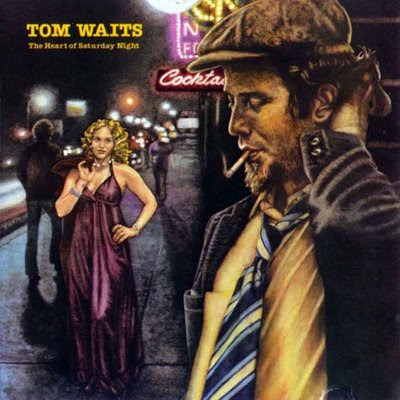Frank Sinatra’s Lonely Hearts Club
17 Aug
Credit is often mistakenly given to the Beatles for having the first “concept” record. The truth is, over a decade before, they were beaten to the punch by none other than Frank Sinatra.
By the mid 1950s, Sinatra’s star was back on the rise. Considered a washed-up teen idol and unceremoniously dropped by Columbia records in the early part of the
decade, his revenge was to sign to Capitol, and not only record two successful records, but to be nominated for an Academy award for his acting in The Man With the Golden Arm. Despite regaining his lost commercial success, his personal life was in shambles. His three year old marriage to actress Ava Gardner had completely fallen apart, and it was this event that spurred on the creation of In the Wee Small Hours.
Before In the Wee Small Hours, there was—for all intents and purposes—no such thing as an “album.” The 12-inch disc (an LP) had just been invented. Records were collections of previously released singles, or random collections of songs. Until Sinatra’s record, no one had yet released a collection of music, carefully chosen, designed to sustain a mood.
Inspired by his failing marriage, Sinatra and arranger Nelson Riddle picked songs, all based around a late-night feeling of loss, desolation and heartbreak. And Sinatra, displaying a newfound vocal confidence, was “the sole vocal artist capable of sustaining a single mood for sixteen songs, exploring every variation, every gradation.”
The result was a beautiful, melancholy record that changed the way people thought about recorded music. From the title to the artwork (famously copied by Tom Waits on The Heart of Saturday Night), this was something to listen to from start to finish, with the songs informing each other, and the feelings overcoming the listener, until you can almost smell the stale cigarette smoke and empty bottle of whiskey.
It was, in short, a concept album, and is still one of the best. –Tom
[youtube=http://www.youtube.com/watch?v=kv8UyjBKbr0]
Will Friedwald. Sinatra: The Song Is You. Scribner, 1995. p. 238

































